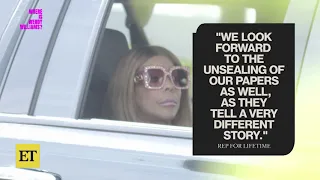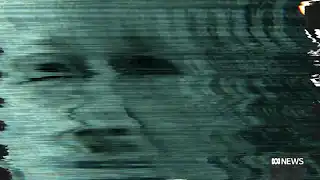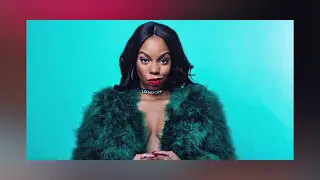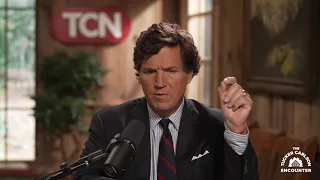Renowned fashion photographer Terry Richardson, infamous for his provocative and explicit style, is once again under the spotlight for alleged sexual misconduct. This time, Spanish model Minerva Portillo has filed a lawsuit accusing Richardson of sexual assault. The legal action targets not only Richardson but also Trump Model Management and Annie Veltri, the president of the agency during its T Management days.

The Allegations: Portillo claims that Richardson sexually assaulted her in front of his employees. The lawsuit, filed in New York and obtained by USA TODAY, details disturbing incidents. It alleges that Portillo was given a drink believed to contain an intoxicating or narcotic substance. Following this, Richardson reportedly took explicit photos of her on set before assaulting her, groping her breasts, and forcing her to perform oral sex. Shockingly, the suit asserts that Richardson and his employees photographed the assault while it was occurring.
Richardson’s Notorious Reputation: Known in the modeling industry as “Uncle Terry,” Richardson has been a controversial figure since the 1990s. His photography style, described as “an almost soft-porn aesthetic,” has often featured nudity, innuendo, and simulated sex acts, as reported by The Guardian. Notable works include Miley Cyrus’ “Wrecking Ball” video, which he directed, and high-profile shoots with figures like former President Barack Obama and Oprah Winfrey.
Legal Response and Past Controversies: Christine Dunn, Portillo’s attorney, emphasized the distinction between consensual art and sexual assault, stating that Richardson did not have the right to distribute the images. This aligns with Richardson’s ban from major magazines in 2017, including British Vogue, due to his explicit work. At the time, Richardson denied any non-consensual interactions with models, emphasizing that his professional dealings were consensual.
Industry Fallout and Previous Statements: In response to the ban, a source close to the situation, not authorized to speak publicly, informed USA TODAY that Richardson had previously addressed old stories and asserted that his interactions were consensual due to the explicit nature of his work. This raises questions about the fine line between provocative art and alleged misconduct.
Conclusion: The resurgence of sexual assault allegations against Terry Richardson brings into focus the ongoing struggle within the fashion industry to address issues of consent and abuse of power. As the legal battle unfolds, the case underscores the need for accountability and transparency, challenging the industry to reevaluate its tolerance for behavior that may cross the line from provocative art to criminal misconduct. Terry Richardson’s past controversies and the #MeToo movement have significantly reshaped the conversation around consent and accountability in the world of fashion, forcing both industry insiders and the public to confront uncomfortable truths about the power dynamics at play.











Discussion about this post